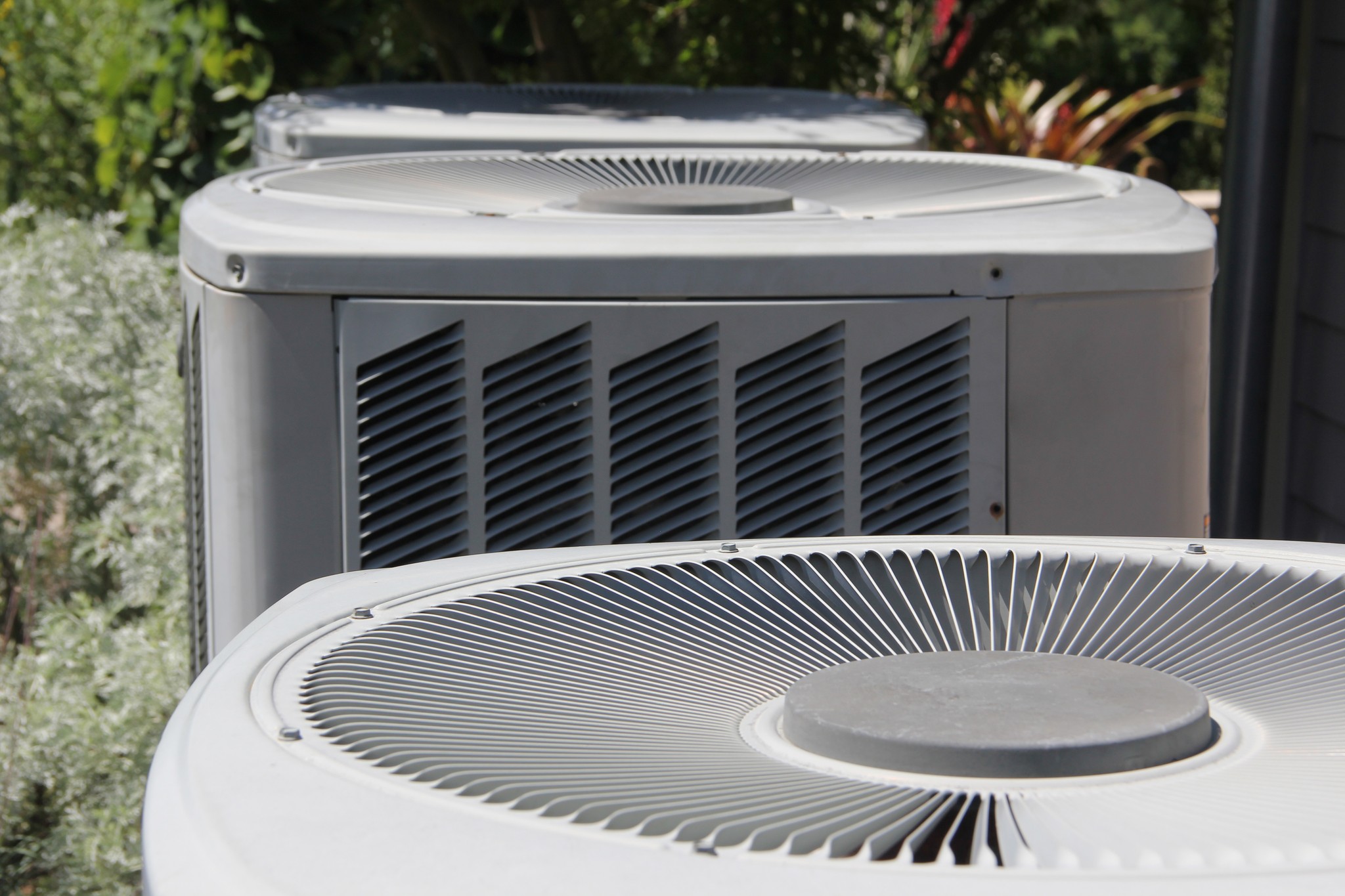Eco-friendly HVAC practices involve adopting green alternatives and integrating renewable energy sources into heating, ventilation, and air conditioning systems. With increasing awareness of environmental issues and the need for sustainable solutions, concerns arise regarding the energy consumption and environmental impact of traditional HVAC practices. By embracing eco-friendly HVAC practices, homeowners can address these concerns and enjoy several benefits.
One of the main concerns with traditional HVAC systems is their reliance on fossil fuels, contributing to greenhouse gas emissions and climate change. Inefficient systems also waste energy, resulting in increased carbon footprint and higher utility bills. Eco-friendly HVAC practices offer solutions to reduce energy consumption and integrate renewable energy sources.
Eco-friendly HVAC practices solve various issues and provide several advantages:
1. Reduced Environmental Impact: By integrating renewable energy sources such as solar power, geothermal energy, or wind power, eco-friendly HVAC systems significantly reduce greenhouse gas emissions, minimizing their contribution to climate change. This promotes a greener and more sustainable future.
2. Energy Savings: Eco-friendly HVAC systems are designed for optimal energy efficiency, resulting in reduced energy consumption and lower utility bills. These systems utilize advanced technologies and components that maximize performance and minimize waste.
3. Improved Indoor Air Quality: Eco-friendly HVAC practices prioritize indoor air quality by incorporating high-efficiency filters and ventilation systems that remove pollutants and improve ventilation rates. This promotes a healthier living environment for occupants.
4. Long-Term Cost Savings: While the initial investment for eco-friendly HVAC systems may be higher, the long-term cost savings are significant. Lower energy consumption leads to reduced utility bills, making eco-friendly practices a financially beneficial choice in the long run.
Professional and highly skilled teams, such as A-Plus Quality, can provide expertise in eco-friendly HVAC practices. A-Plus Quality offers guidance on green alternatives, renewable energy integration, and energy-efficient HVAC system installation to help homeowners make environmentally responsible choices.



